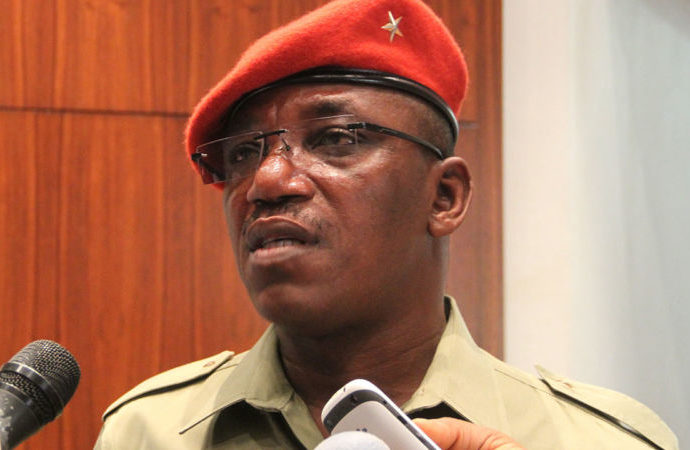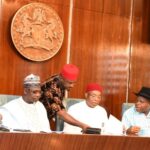Global Energy Alliance for People and Planet Launches Solar Mini-Grid Programme in Nigeria
The Global Energy Alliance for People and Planet (GEAPP), supported by the Rockefeller Foundation and the Bezos Earth Fund, is set to implement a solar mini-grid programme in Nigeria to address the country’s chronic power supply issues.
Bloomberg reports that GEAPP’s initial plan is to establish pilot projects in each of Nigeria’s 11 power distribution company regions, ultimately aiming to facilitate the development of 10 gigawatts of mini-grids.
The initiative is part of a strategy to create mini-grids in areas that currently lack access to the national power supply.
GEAPP was formed in 2021 through a collaboration between the Rockefeller Foundation, the Bezos Earth Fund, and the Ikea Foundation.
It previously assisted in constructing the first interconnected mini-grid in December, with two additional grids already under construction and funding secured for a fourth.
The solar mini-grids will be operated by private developers, enhancing the limited power supply from the national grid, which currently provides only about 4,000 megawatts to Nigeria’s population of approximately 230 million. The situation has left around 86 million Nigerians without access to electricity, highlighting the urgency of addressing energy poverty.
Muhammad Wakil, GEAPP’s country delivery lead, emphasized the necessity for hundreds or thousands of such projects across Nigeria to combat energy poverty effectively.
He noted that the pilot projects aim to supply all-day electricity, in contrast to the current average of just eight hours of power from the distribution companies.
To support the initiative, GEAPP operates the Demand Aggregation for Renewable Technology (DART) programme, which pools the needs of various developers to reduce solar equipment costs.
Additionally, it manages a $25 million financing facility, allowing developers to borrow funds to import equipment and repay them in Nigeria’s naira currency as revenues start to flow. This approach has reportedly resulted in savings of up to 30% for developers.
The success of the GEAPP programme has attracted the World Bank’s commitment of $130 million to develop similar facilities, reinforcing the initiative’s potential impact.
The mini-grid site in Ogun State features a 1-megawatt solar installation built by Nigerian company Darway Coast, which is expected to significantly improve local electricity availability.
Wakil also noted that the DART programme could serve as a model for the Mission 300 programme, recently announced by the World Bank and the African Development Bank.
Mission 300 aims to extend electricity access to 300 million Africans by 2030, drawing inspiration from the experiences and strategies tested in Nigeria.





